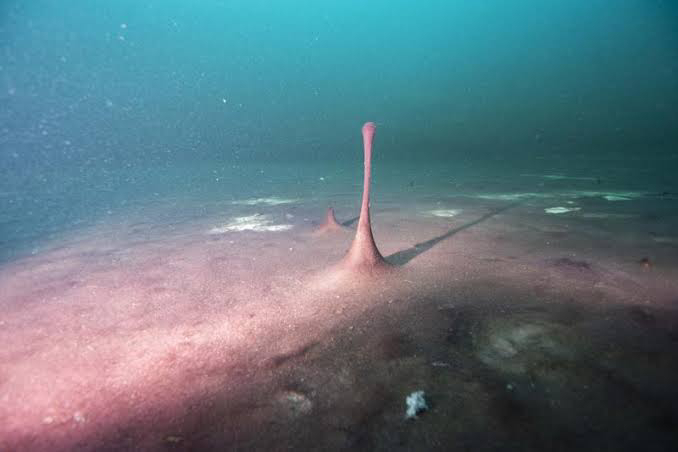IntroductionWater is a fundamental and precious resource that sustains life on our planet. It covers approximately 71% of Earth's surface and is essential for all known forms of life. But have you ever wondered how this life-giving substance came to be on our planet? The story of how water was created on Earth is a fascinating journey through time and cosmic events.The Birth of Our Solar SystemTo understand the origin of water on Earth, we need to rewind the clock to about 4.6 billion years ago when our solar system was born. It all began as a swirling cloud of gas and dust known as the solar nebula. Within this nebula, gravity began to pull together particles and debris, leading to the formation of the sun at its center. Around the young sun, a swirling disk of material began to take shape.The Formation of PlanetsAs this disk of material continued to evolve, tiny particles collided and merged to form planetesimals. These planetesimals, in turn, collided and fused to create protoplanets. Among these protoplanets was our young Earth, which was initially a barren, molten world.The Arrival of WaterThe water that now fills our oceans and rivers didn't originate on Earth itself but was delivered by celestial visitors in the form of icy comets and asteroids. These icy bodies, remnants from the outer regions of the solar system where temperatures are extremely low, contained vast quantities of water in the form of ice.Impact and TransformationAround 4.4 billion years ago, Earth experienced a period known as the Late Heavy Bombardment. During this time, our planet was subjected to a relentless onslaught of comet and asteroid impacts. These cosmic collisions not only scarred the Earth's surface but also delivered vast amounts of water to our planet.As these icy bodies crashed into the young Earth, the immense heat generated during the impacts caused the ice to melt and transform into liquid water. This water began to accumulate in low-lying areas, forming the first oceans and seas. Over time, as Earth's surface cooled, these water bodies became more stable and provided the foundation for life to emerge.Water's Role in the Emergence of LifeWater is often referred to as the "universal solvent" because of its unique ability to dissolve a wide range of substances. This property played a crucial role in the formation of the first organic molecules necessary for life. In the warm, nutrient-rich waters of Earth's early oceans, complex organic compounds began to form, setting the stage for the emergence of life.ConclusionThe story of how water was created on Earth is a testament to the dynamic and interconnected nature of our universe. It was through the cosmic ballet of star formation, planetary accretion, and celestial impacts that our planet came to possess the life-giving substance we now cherish. Water is not only a vital resource for all living organisms but also a living record of our planet's incredible journey through time. As we continue to study and protect this precious resource, we gain a deeper appreciation for the intricate processes that have shaped our world.
IntroductionThe evolution of land animals is a fascinating tale that spans hundreds of millions of years. From their humble aquatic beginnings, these creatures underwent a series of remarkable transformations that allowed them to conquer the challenges of life on land. In this blog, we'll take a journey through time to explore the incredible story of how land animals evolved.From Sea to LandThe transition from sea to land is one of the most pivotal moments in the history of life on Earth. It all began with fish-like organisms that lived in ancient oceans. Over time, some of these aquatic animals developed adaptations that allowed them to venture onto land briefly. These early pioneers possessed primitive limbs or fin-like structures that could support their weight in shallow waters.Tiktaalik, a 375-million-year-old fossil discovered in Arctic Canada, is a prime example of an intermediate species in this transition. With limb-like fins, Tiktaalik represents a critical link between a...

Comments
Post a Comment